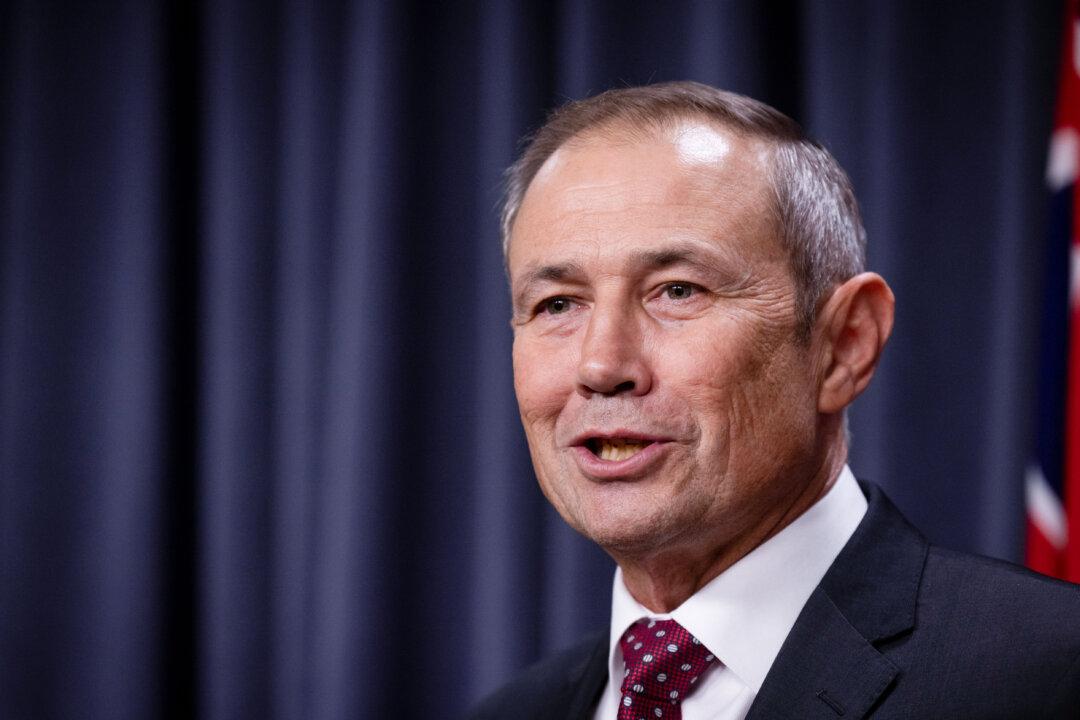Millions of Australians caring for their friends and family are having their unpaid work highlighted, but many face problems requiring more than recognition to solve.
National Carers Week seeks to highlight the contribution people make through their care, which consultant estimates have predicted would cost about $78 billion a year if they were paid for it.
The people providing the care are overwhelmingly women, with an average age of almost 60, most commonly caring for a child or partner, according to Carers NSW.
The first results of the peak body’s 2022 National Carer Survey, released on Monday, paint a picture of an unpaid, overworked and overlooked group providing care to children, people with disabilities, and chronic and mental illnesses.
Unpaid carers spend an average of 104 hours a week providing care, with close to half doing it “24/7”, and on average, had been doing it for almost 13 years.
The survey’s results come from more than 6800 valid responses across the country.
Carers NSW chief executive Elena Katrakis says the survey provides important insight into the unpaid work of carers and their continued support and perseverance.
“However, half of the respondents again do not feel that their caring role is recognised by governments, almost one in two carers still experience some form of financial stress, and, once more, 56 per cent are socially isolated,” Katrakis said.
“These are extremely concerning results that need to be urgently addressed.”
Social Services Minister Amanda Rishworth says the division of labour between genders needs equalising.
“One of the key things coming out of the Jobs and Skills Summit is that all the caring responsibilities shouldn’t fall on the primary caregiver, which is usually mum,” Rishworth told Nine’s Today program on Sunday.
“We’re looking at how we make sure that we’re promoting shared care when it comes to our paid parental leave.”
The government plans to increase paid parental leave by two weeks every year, beginning in 2024, to reach 26 weeks by 2026.
Ms Rishworth said the more than 2.6 million unpaid carers across Australia do remarkable work.
“What we want to make sure is they are getting the help that they need,” she said.





